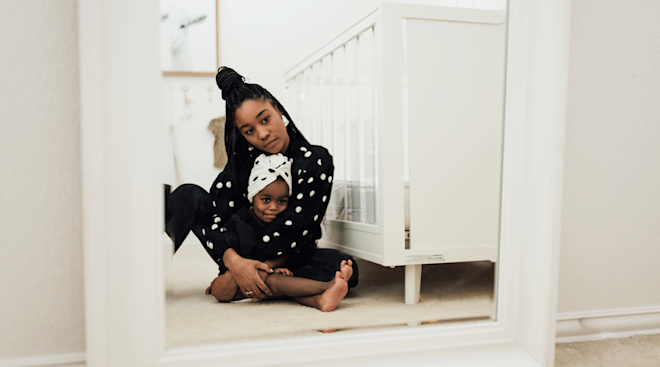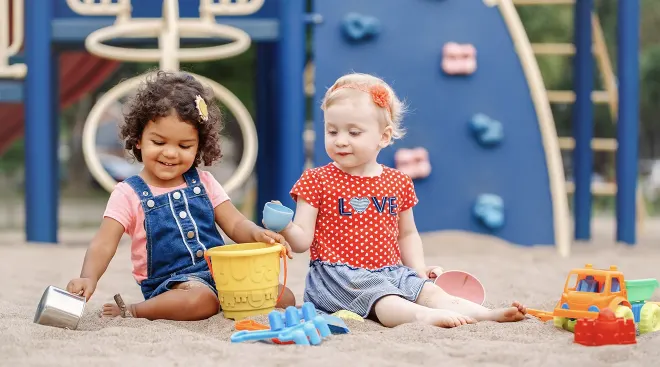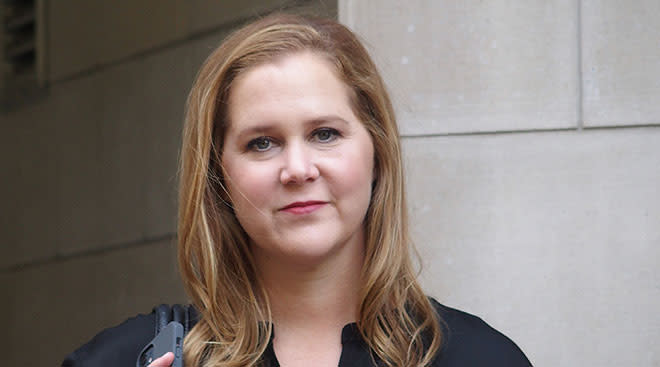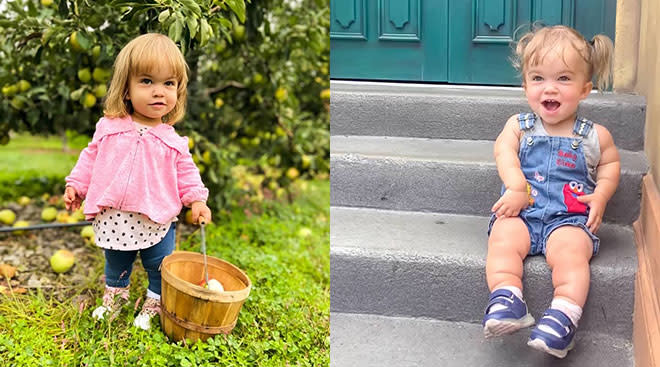How to Raise a Kind Child, According to Harvard
Like most parents, you probably have several ideals for raising your kids. You want them to be smart, successful, happy, kind—but which values are you actually demonstrating as important?
Concerned that “our youth’s values appear to be awry,” researchers from Harvard decided to tackle this question. As a part of the Making Caring Common project, researchers interviewed 10,000 US middle and high schoolers between 2013 and 2014. And 80 percent of those kids reported their parents taught them that personal happiness and high achievement were more important than caring for others.
Previous studies have found that 96 percent of parents say that developing morals in their kids is “important, if not essential.” But this study found kids aren’t buying it. While 19 percent did view caring as their parents’ top priority, 54 percent said achievement was more important to their parents, and 27 percent reported happiness was most important.
Findings are best summed up in this stat: kids were three times more likely to agree than disagree with this statement: “My parents are prouder if I get good grades in my classes than if I’m a caring community member in class and school.”
But don’t worry just yet—thankfully, Harvard has a plan. Researchers came up with four techniques for raising a caring, ethical child.
1. Practice makes perfect: Kids need opportunities to practice becoming caring and helpful; those qualities aren’t necessarily innate. Researchers call for daily repetition, “whether it’s helping a friend with homework, pitching in around the house, having a classroom job, or working on a project on homelessness.” Guidance from adults is important.
2. Children need to be guided in managing destructive feelings: Kids struggle to care for others when overwhelmed by feelings like anger or envy. Adults can help them manage these feelings in productive ways.
3. Kids need to learn to “zoom in and out”: Researchers explain this means that kids need to be in tune with the needs of those in their immediate circle, but also have a bigger-picture perspective. “It is by zooming out and taking multiple perspectives, including the perspectives of those who are too often invisible (such as the new kid in class, someone who doesn’t speak their language, or the school custodian), that young people expand their circle of concern and become able to consider the justice of their communities and society,” the study says.
4. Strong moral role models are key: Simply put, this means parents need to practice what they preach. Perfection is not the answer; acknowledging mistakes is. “We, too, need to continually practice and zoom in and out, cultivating our capacities for care, widening our circles of concern, and deepening our understanding of fairness and justice,” the researchers write.
Please note: The Bump and the materials and information it contains are not intended to, and do not constitute, medical or other health advice or diagnosis and should not be used as such. You should always consult with a qualified physician or health professional about your specific circumstances.
Plus, more from The Bump:
Navigate forward to interact with the calendar and select a date. Press the question mark key to get the keyboard shortcuts for changing dates.





















































